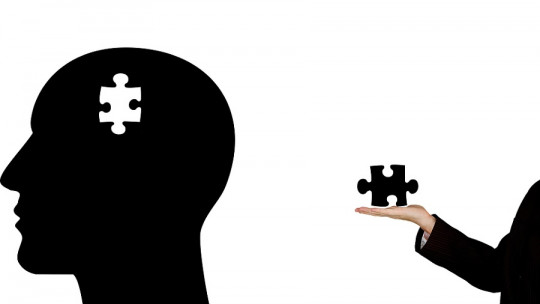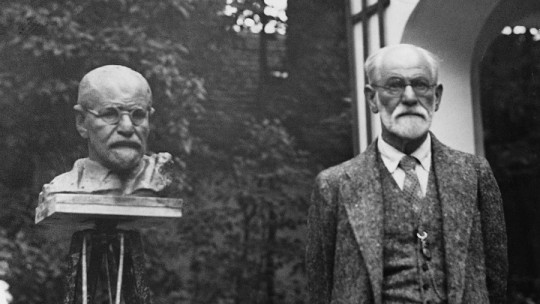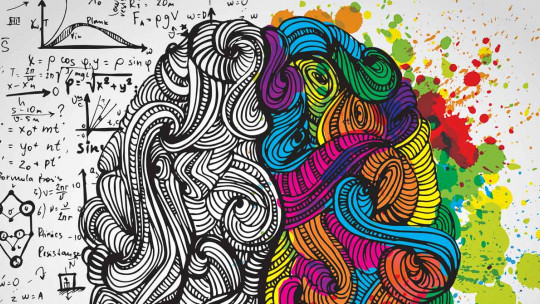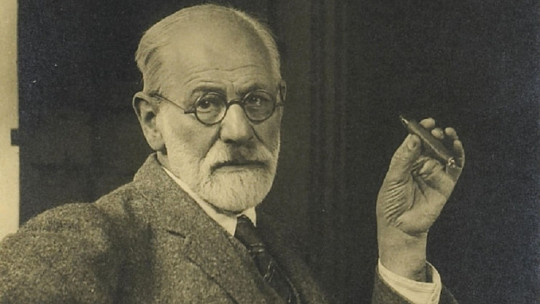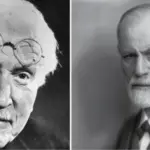
The ideas that Sigmund Freud proposed at the end of the 19th century and beginning of the 20th century are no longer valid when it comes to trying to explain human behavior, but there is some truth in them: in each person, there is a gap between what is wants to do and what they say they want to do. Most of our mental life is secret, and the reasons that move us to carry out all types of actions are to a certain extent hidden.
Precisely for this reason it gains value what we usually call self-discovery. In this article we will see what exactly it is and how it has an impact on our daily lives.
What is self-discovery?
Self-discovery is a process by which we generate a concept of ourselves that is realistic and close to reality, ignoring biases that depend on our optimism (idealizing our self-concept) or our pessimism (creating an image of ourselves that is too negative due to sadness or a low mood). Thus, it is a complex process, since to get involved in it you have to give up those immediate and intuitive impressions that come to mind just at the moment when something happens capable of appealing to our sense of identity.
To enhance our self-knowledge, it is necessary to analyze our way of thinking and interpreting reality, but not only that; We must also look at our actions when interacting with others and the environment, as well as reexamine what we remember about our past. And not only that: we must take into account how we experience emotions, something that implies going beyond taking note of the objective events that occur in our lives and giving importance to the subjective.

It can be said that self-discovery is part of the personal development process ; Knowing all the nuances that make up our personality and way of being is a fundamental aspect to carry out a life project that corresponds to our values, our interests and our main sources of motivation. Furthermore, it helps us not to constantly give in to social pressure and the expectations of others, daring to make use of our autonomy.
Keys to reaching a realistic self-concept
When it comes to knowing yourself, you have to avoid easy and intuitive explanations about who you are. As a small guide, in the following lines you can find key ideas that you should take into account before launching into self-discovery.
1. The truth is hidden in self-justifications
If human beings are experts at anything, it is at creating narratives about who we are and what we do. These narratives can help us create a concept of the “I” that is coherent consistent and easy to memorize, but at the cost of sacrificing part of the veracity of that self-concept.
Therefore, to bet heavily on self-discovery, it is worth focusing our attention on thinking about those aspects about ourselves that we like least and looking for explanations about what really moves us to act this way in those types of situations. Ultimately, in these cases What we have closest to hand are self-justifications and half-truths What we tell ourselves.
2. Self-discovery is not based on introspection
Many people believe that discovering oneself is basically resorting to introspection to find mental contents that had remained hidden until that moment. That is, to achieve this you have to do something similar to staying in a quiet and isolated place, closing your eyes and concentrating on analyzing the flow of your thoughts.
However, this view of the mind is an illusion, as it is influenced by a philosophical position known as dualism. According to dualism applied to psychology, the mind and the body are two different things, and that is why to develop self-discovery you have to try to “override” the body and focus only on the mental, which supposedly would have different layers of depth, given that Despite not being something physical, it emulates what it is and, even if metaphorically, it has volume.
Therefore, carry out self-discovery initiatives It is not focusing on yourself and forgetting what is around you. In any case, we must stop to analyze how we interact with our environment on a daily basis. We are what we do, not what we think.
3. The opinion of others also counts
It is not true that each of us has clearly privileged access to information about what we are like.
In certain aspects of our lives it is clear that we know more than the rest, especially in relation to those facets of our own daily lives that we prefer to keep hidden, but when it comes to the global conception of who we are, friends, family members and in general the people in our closest social circles They know a lot about our identity and behavioral style.
In fact, unlike what happens with us, since they do not have the need to make an effort to keep the most negative aspects of who we are from their consciousness, they are often able to weigh in a more balanced way what the strengths and weaknesses are. imperfections that define us. Of course: it is important not to let ourselves be labeled and to be clear that time and experiences can change us.
4. New situations explain us more about who we are
When embarking on the path of self-discovery, it is important to completely reject essentialism. What is essentialism? Simply put, it is a philosophical position known for feeding the idea that things and people have a clear and distinct identity from the rest of the elements, which remains constant and resists the passage of time.
When someone says, for example, that an old acquaintance was born from the neighborhood and will continue to be from the neighborhood regardless of what happens to him (for example, winning the lottery), he is holding an essentialist perspective, even if he does not know it.
Essentialism is an obstacle when it comes to carrying out self-discovery, because It is not true that we are born one thing and die being exactly the same thing.
If our explanations about who we are do not undergo alterations no matter how much we continue to live new experiences that provide us with new information about our identity, something is wrong. Possibly we continue clinging to those myths about ourselves through which we automatically create a self-concept, without realizing it.

